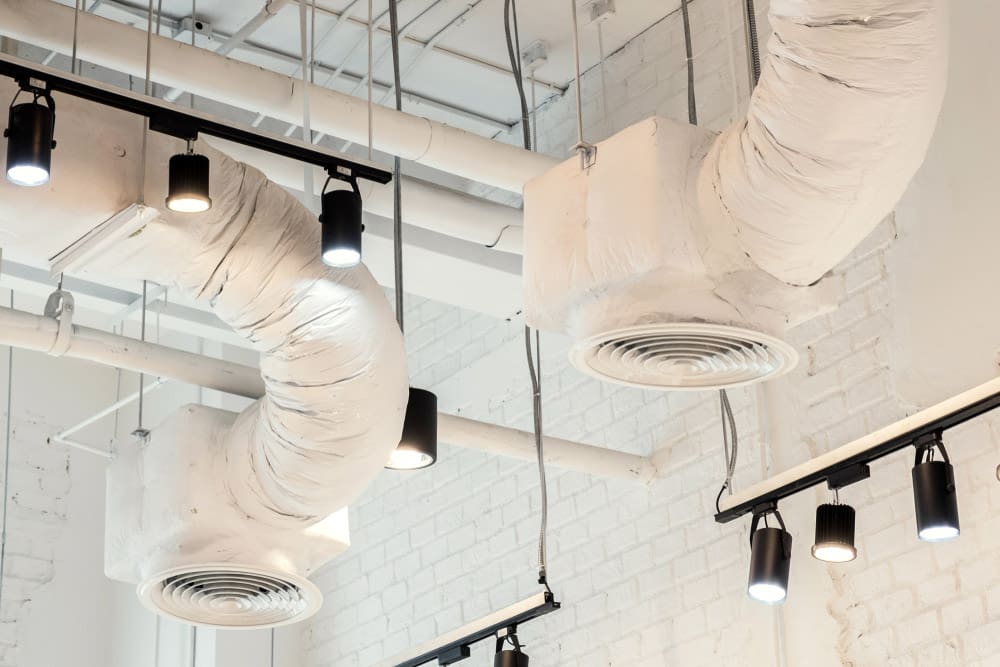Solar power has emerged as a leading contender in the quest for sustainability as the world embraces renewable energy sources in the fight against climate change. However, despite the widespread adoption of solar panels, misconceptions about their effectiveness in less-than-ideal weather conditions remain. One such question that often arises is: Do solar panels work in the rain? This article aims to debunk this myth and shed light on the truth behind the performance of solar panels during rainy weather.
Solar panels generate electricity by harnessing sunlight through photovoltaic cells, which convert sunlight into usable electrical energy. Naturally, one might assume that rain, with its clouds and reduced sunlight, would hinder the performance of solar panels. However, the reality is far more nuanced.
While it’s true that solar panels produce less electricity on cloudy or rainy days compared to sunny ones, they do continue to function. Rainwater itself does not impede the operation of solar panels; instead, the reduced sunlight during overcast conditions affects their output. However, modern solar panel technology is remarkably efficient and can generate electricity even in diffuse light situations. Moreover, rain can have some unexpected benefits. A light rain shower can actually help clean dirt, dust, and other debris that may have accumulated on the surface of the panels. This “natural cleaning” effect can temporarily boost the panels’ efficiency by allowing more sunlight to reach the photovoltaic cells.
Furthermore, advancements in solar panel design have led to the development of self-cleaning coatings and technologies that minimise the impact of rain and other environmental factors on panel performance. These innovations ensure optimal energy production, reduce maintenance requirements and prolong the lifespan of solar PV systems.
It’s also worth noting that solar panels are designed to withstand various weather conditions, including rain, snow, hail, and high winds. Rigorous testing and quality standards ensure they can withstand the rigours of the elements and continue to provide reliable electricity generation for years.
In conclusion; While solar panels may produce slightly less electricity during rainy weather, they do indeed work. Rainwater itself does not hinder the operation of solar panels, and modern technology has made them more resilient and efficient than ever before. As we transition towards a cleaner, more sustainable future, it’s important to dispel myths and misconceptions surrounding renewable energy sources like solar power. Rain or shine, they remain a viable and reliable source of clean electricity, contributing to a greener and more sustainable world.













